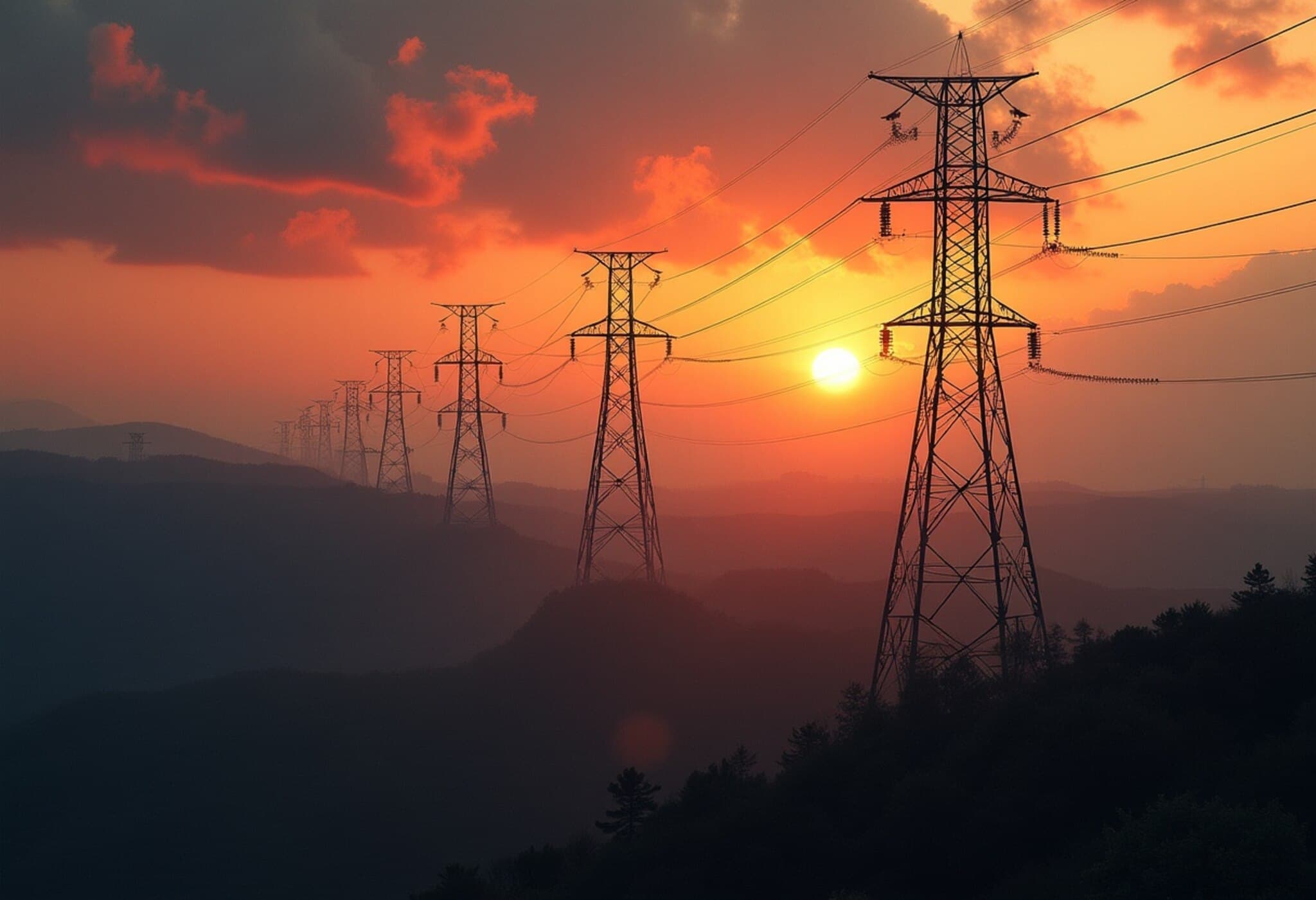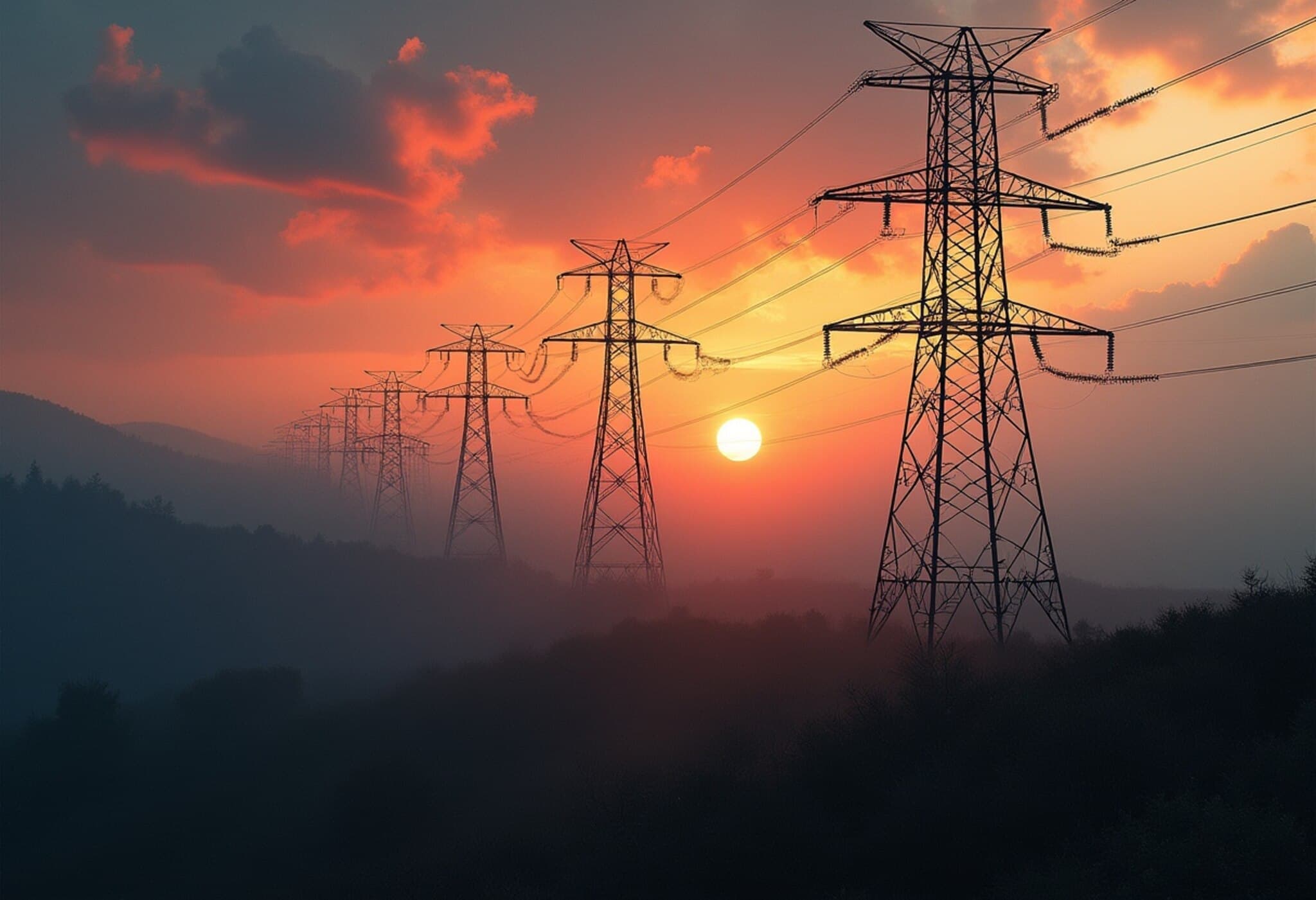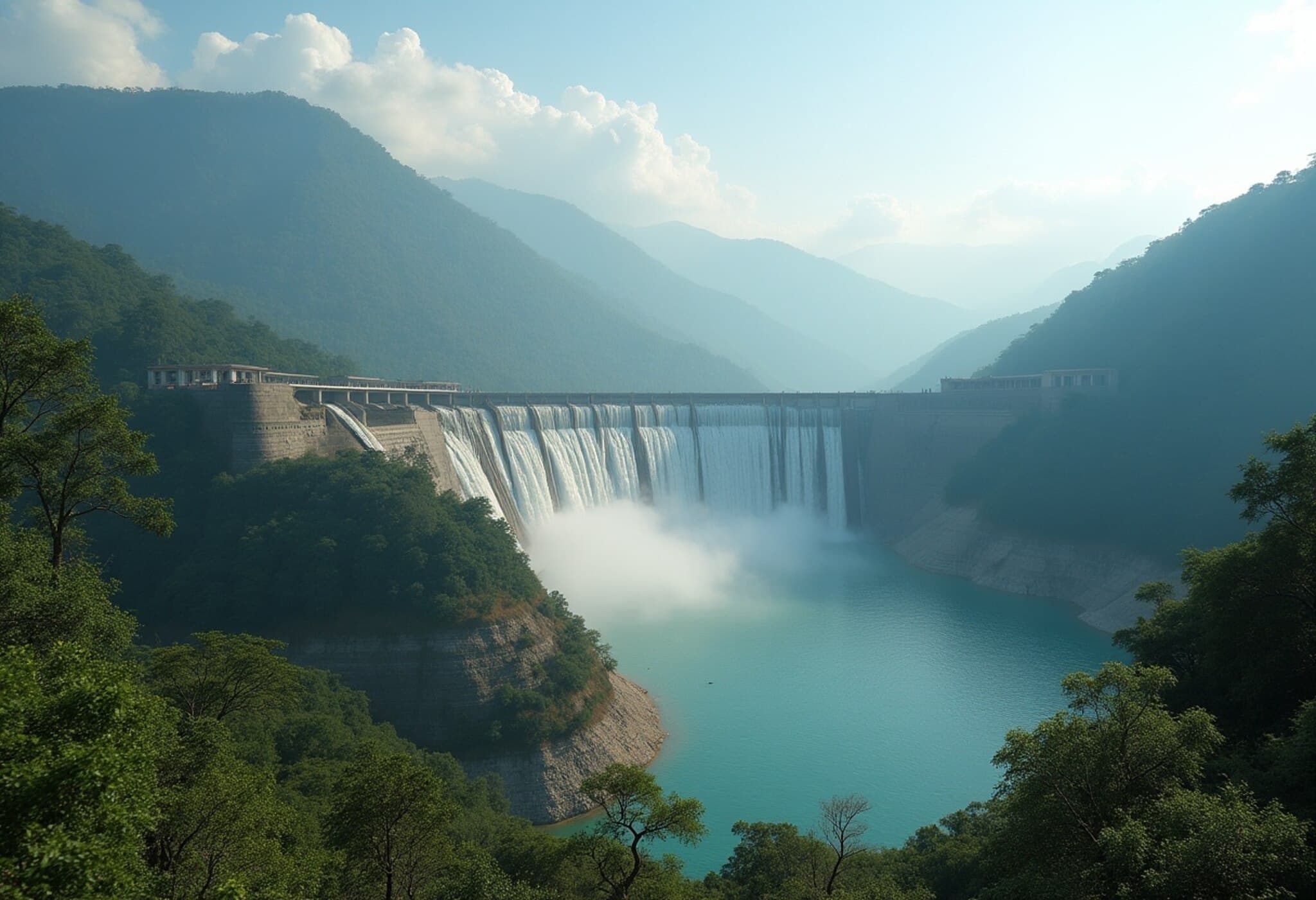Grid Operator's Miscalculation Sparked Iberian Peninsula Blackout
In a stunning revelation following the extensive power outage that darkened Spain and Portugal on April 28, a government investigation has singled out a key misstep by Spain's grid operator, Red Eléctrica de España (REE). The operator's failure to accurately calculate and manage the energy mix critically compromised the grid's ability to handle a sudden voltage surge, triggering the worst blackout in the region's history.
Voltage Surge and System Vulnerabilities
Spanish Energy Minister Sara Aagesen explained that multiple factors converged, but the main culprit was a voltage spike the system could not absorb. This surge set off a domino effect, disconnecting power generation sources and destabilizing the grid.
"The system lacked adequate voltage control capabilities," Aagesen said during a Madrid briefing. She further noted that either the controls were poorly programmed, failed to meet regulatory standards, or a combination of both.
Such voltage surges can stem from a variety of sources, including lightning strikes, equipment malfunctions, or grid instability—early signs of which were detected that morning.
Insufficient Thermal Capacity and Power Plant Response
The report highlights that REE had not activated enough thermal power stations—particularly nuclear and gas-fired plants—that are vital for maintaining voltage levels. REE reportedly believed more thermal capacity was unnecessary during the central hours of the day, opting only to schedule additional resources in the early morning.
This misjudgment meant the system was ill-prepared when the voltage spike occurred. Moreover, some conventional plants, despite being financially incentivized to regulate voltage, failed to absorb the reactive power needed to stabilize the network.
Impact on Daily Life and Industry Reactions
The blackout unleashed chaos across the peninsula: city streets gridlocked, public transportation halted, and thousands trapped in elevators and trains.
Representing Spain’s leading electricity companies, the utilities lobby Aelec acknowledged voltage control as the primary issue but pointed to REE as ultimately responsible for system management. They asserted that their member companies had fulfilled, and at times exceeded, regulatory obligations to manage voltage effectively.
Aelec criticized REE’s strategy, noting that managing voltage with limited synchronous capacity and uneven geographic distribution left the grid vulnerable.
Next Steps: Grid Improvements and European Integration
REE’s chairman is scheduled to address the media, though the operator has yet to respond directly to inquiries. Meanwhile, the government has announced plans to reinforce grid infrastructure and enhance voltage control mechanisms.
Furthermore, efforts will intensify to more closely integrate the Iberian grid with the broader European network, improving resilience and resource sharing across borders.
Experts Weigh In: Management, Not Capacity, at Fault
Pratheeksha Ramdas, a senior analyst specializing in Iberian energy markets, noted the blackout underscores the continuing importance of thermal plants, especially gas-fired facilities, in maintaining grid stability.
Ramdas remarked, "This incident reveals a critical failure not due to capacity shortages, but rather mismanagement of available energy resources and accountability within grid operations."











